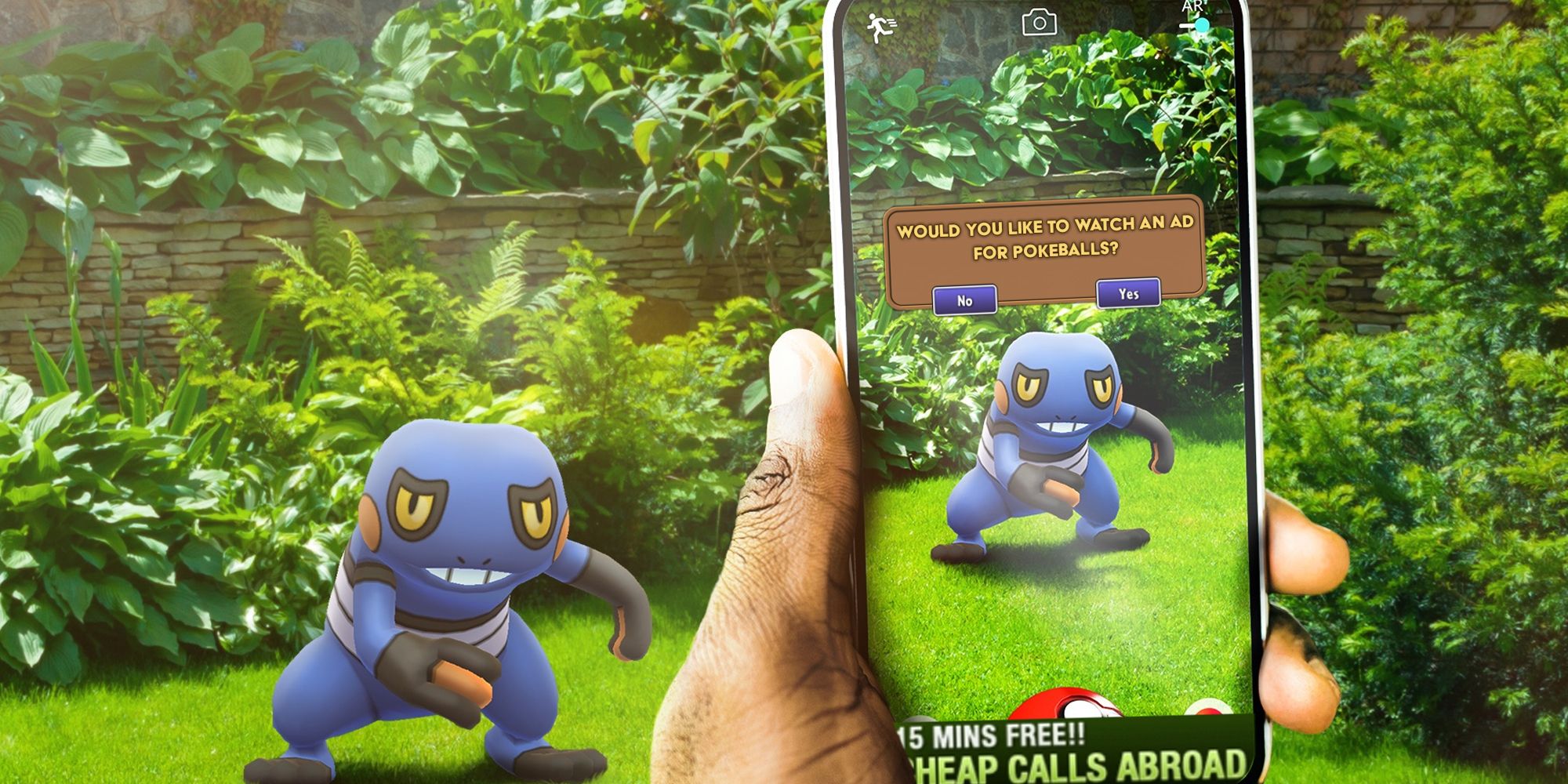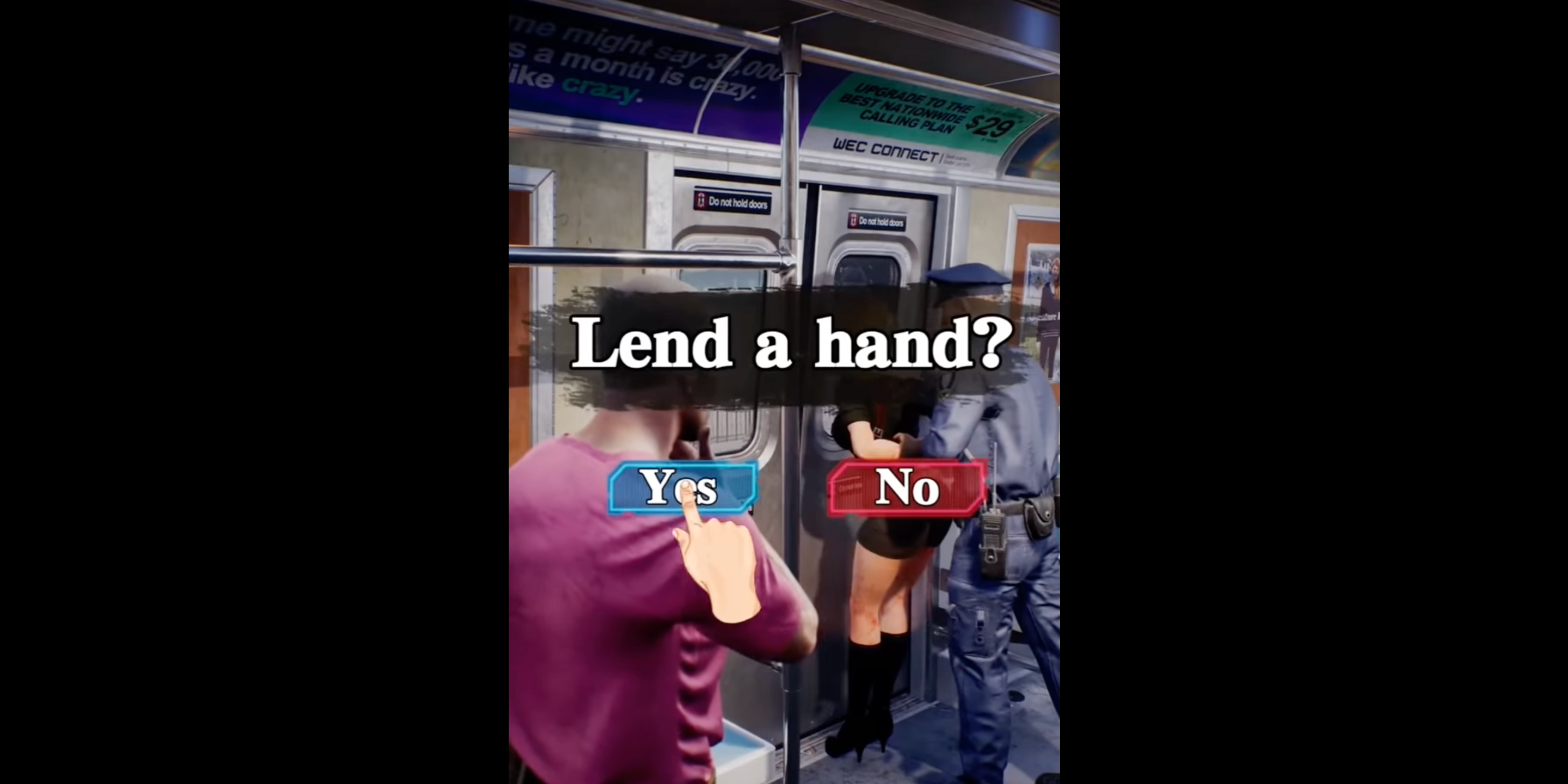In the last decade, mobile game ads have gone from annoying to downright insufferable. If you’ve ever had a guilty pleasure, free-to-play mobile game that subjects you to advertisements between each and every level, you probably know what I’m talking about. I have the bad habit of getting hooked on mobile games that function in this way, so I’ve seen enough to rot my brain – they’re all terrible in different ways.
Most of these ads are misleading about the games’ actual gameplay, to their detriment. I’ve seen countless ads for Last Fortress: Underground involving skimpily dressed women fleeing or being saved from zombies, escaping underground and then digging tunnels in which they install toilets, beds, and grow trees. It looks like plotless garbage, but when I actually watched a gameplay video on YouTube, I was surprised to see there seemed to be at least some semblance of a narrative and gameplay mechanics. It’s very much a base-building game, with no misogynistic portrayals of women in sight.
It’s the same with Project Makeover’s ads, which often feature some poor girl being left by her boyfriend, and deciding she has to reinvent herself so he’ll love her again. In one, the girl is covered in mud and gets sprayed clean, then the player takes a razor and shaves her head bald. In another, she walks in on her doctor boyfriend smelling another woman’s farts and out of ‘divorce’ and ‘revenge’ options, chooses revenge. Girl, do both.
The actual game, of course, is a relatively normal styling game with some match three mechanics included. No mud-removing or bizarre costumes here, you’re just the director of a makeover show doing your job, choosing hairstyles, makeup and clothes. There are even some renovation mechanics, where you can redecorate rooms. It’s all very innocuous.
I could go on. There are countless ads that try to be as provocative and gross as possible, playing up dramatic storylines and behaviour that never even shows up in the game. I have a theory that the outlandish ads are proven to catch more eyes, as untruthful as they may be – and though we know these ads are misleading, we’re still more likely to talk about them and share them.
Another theory: they’re not designed for adults, they’re designed for children. After all, all these ads really need to do is get you to install the app – dressing up the game and making it seem more dramatic than it really is is more than enough to tempt someone who’s looking for a quick, entertaining fix. That game then floods them with more ads, pulls in that sweet revenue, and the cycle repeats. It’s a whole ecosystem predicated on shock value, and it works if you don’t think too hard about it.
Merge Mansion, despite the (probably) eye-watering costs they’ve dropped on their marketing campaign, is actually a good example of how games should be advertised. Or, at least, a better example. In the last month, its developer Metacore has launched a full-fledged campaign featuring none other than Pedro Pascal, focusing on the game’s ‘mysterious nature’. Previous ads for the game showed a woman moving into her grandma’s old mansion after her husband dumped her at the altar, and fixing it up through, obviously, merging games. Another later ad showed the grandma being taken away in a police car, and pressing her hand to the window for her granddaughter to see, with the words “he is alive” written on her palm.
Merge Mansion’s new campaign is live action, with Pedro Pascal playing the role of a detective investigating the secrets of this family. They even recently held an immersive experience, part live-action theater, part escape room and part lore museum to allow guests to enter a real-life version of the family mansion in the game, where they found clues, solved puzzles and tried to work out the family mystery. It’s the first actually fun casual mobile game marketing campaign in ages – and of course, it helps that it features the internet’s favourite person right now.
Not every mobile game is going to do this, obviously. It must have taken a ridiculous amount of money to hire Pedro Pascal, especially since these ads came out just after HBO’s The Last of Us, which everybody and their mother has been watching – talent costs alone must have been astronomical. Most developers will be happy to create crass, misleading advertising, and it should be regulated. Advertisements broadcasted on television are, so why not those we see in games? I don’t have high hopes for this happening any time soon, but it seems to be becoming more and more necessary. I have seen women breasting boobily away from zombies too many times already.



